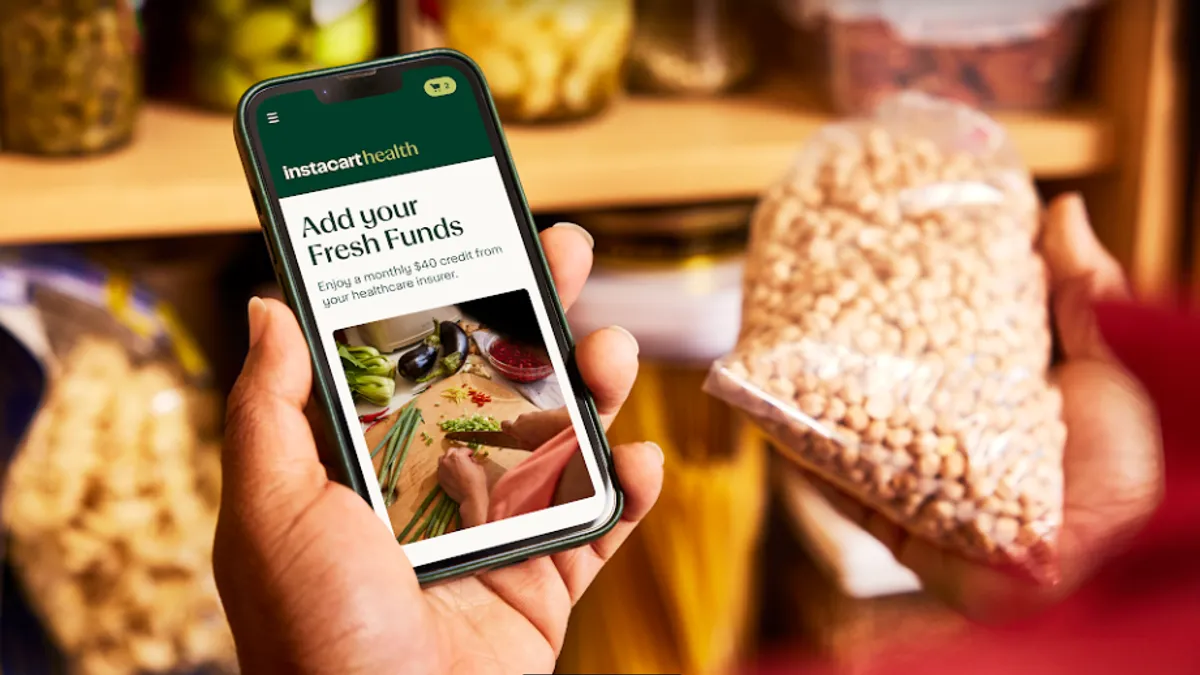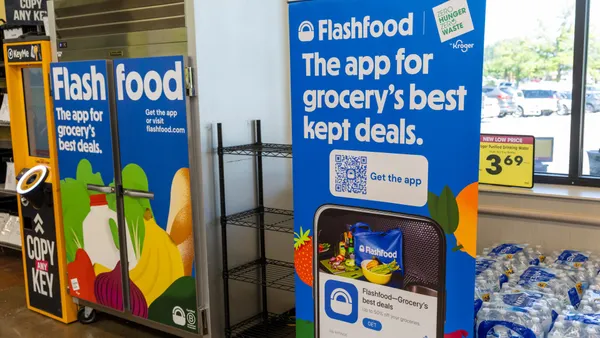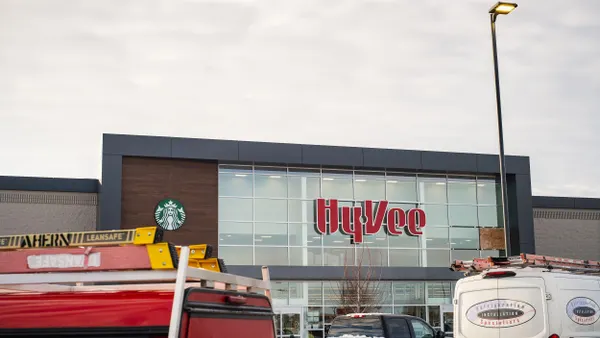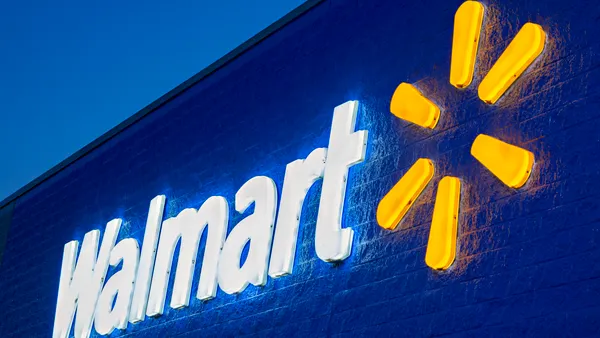Dive Brief:
- Instacart on Wednesday announced Instacart Health, a health-focused business initiative aimed at tackling three main areas: nutrition security, food as medicine and making healthy options easier to access.
- As part of the initiative, the company is rolling out several features and tools, including shoppable carts from health experts and influencers; expanded health tags such as low-sodium and gluten-free; and a larger “healthy shoppable recipe library.” It also announced Fresh Funds, which lets organizations give people funds to buy nutritious food on Instacart, and Care Carts, which allow healthcare providers and caregivers to order groceries on behalf of someone.
- The announcement coincides with the White House Conference on Hunger, Nutrition and Health, where President Joe Biden is set to unveil plans for achieving the goals of ending hunger and reducing diet-related diseases in the U.S. by 2030.
Dive Insight:
Instacart Health aims to “turbocharge” the company’s product innovations, new partnerships, research and policy advocacy in the health space, a company spokesperson wrote in an email. The tools and commitment announced on Wednesday indicate Instacart is seeking to leverage its large presence in the grocery industry to help consumers, retailers and organizations lower barriers to healthy food options.
“Today, we estimate that a large majority of the nearly 34 million people experiencing nutrition insecurity in the U.S. have access to delivery via Instacart, and we want to continue making it affordable to everyone,” CEO Fidji Simo noted in a company blog post.
As part of its nutrition security pillar, Instacart plans to “significantly expand” affordable payment options via EBT SNAP and Temporary Assistance for Needy Families (TANF).
“We now have the ability to integrate with retailers so that consumers can easily scan a product or its corresponding electronic shelf tag using new technology, and find out if it's eligible for SNAP benefits, saving people time as they shop,” Simo noted.
Also through its tie-up with Partnership for a Healthier America, Instacart made a commitment to deliver 10 million servings of fruits and vegetables to U.S. families over the next three years.
Instacart’s new Care Carts product is akin to Walmart’s effort earlier this year to make its online grocery-ordering services available on the Avanlee Care app, which provides tools for caregivers of older adults. Several organizations are using Care Carts, including digital nutrition coaching platform Good Measures and food solutions care management platform NourishedRx.
Instacart noted that its Fresh Funds is “tailored for food as medicine programs.” A Fresh Funds pilot with nonprofit Partnership for a Healthier America will launch in the coming weeks to grow the group’s “Good Food for All” nutrition access and incentive program, Simo noted. The pilot will first begin in Indianapolis and is expected to expand nationwide in 2023. Instacart will also soon launch Fresh Funds pilots with public and private sector organizations to help them “scale and deepen” their food prescription programs.
Instacart is also working to help modernize Medicaid benefits. “In the coming weeks, WellCare of Kentucky will begin offering its Medicaid members who have been screened for high blood pressure the option to participate in Good Measures’ Good Food Prescription program,” Simo said. “A Good Measures registered dietitian will work with participants to personalize a nutrition plan for them, and will have access to Instacart’s Care Carts to deliver the groceries in the plan directly to the client.”
The company’s expanded healthy library includes new recipes from its existing work with Hearst Magazines. And a partnership with U.S. weight care clinic Found will place buttons to Instacart’s shoppable recipes on its recipe pages.
Instacart App users will start seeing digital pop-ups with a health-inspiration twist: “For example, in the coming weeks consumers will see a Vegan Favorites Pop-Up featuring a range of vegan ingredients, snacks, and desserts. Consumers will also see a Low Sodium Lifestyle Pop-Up which will include sodium-free staples and low sodium snacks and desserts,” Simo said.
Instacart said it is giving dietitians the ability to use shoppable lists to provide personalized and collaborative nutrition plans to their clients. The Food Industry Association recently found that Registered Dietitian Nutritionists (RDNs) are playing increasing importance in grocers’ health and wellbeing efforts related to food, with 81% of surveyed food retailers telling the trade group they employ dietitians.
Simo noted that the new features are aimed at encouraging healthier consumption rather than policing what people eat: “We’re not here to tell people what to eat – if someone tells me I can’t eat chocolate, we’re going to have a problem.”
Instacart also announced its Instacart Health Policy Agenda and its top three policy priorities:
- Modernize food assistance programs to increase equitable access to nutritious food.
- Increase the availability of affordable, nutritious food in underserved urban and rural areas.
- Provide equitable access to health-tailored groceries and food prescription programs.
The White House Conference on Hunger, Nutrition and Health, which is being held in Washington, D.C., is the first conference on hunger, nutrition and health since 1969, according to NPR. It’s bringing together government leaders, academics, activists and U.S. residents with the goal of ending hunger and reducing diet-related diseases and disparities.












